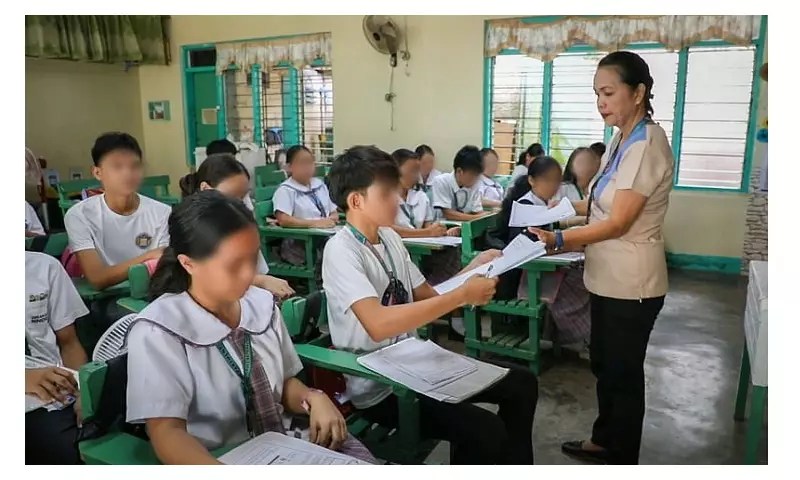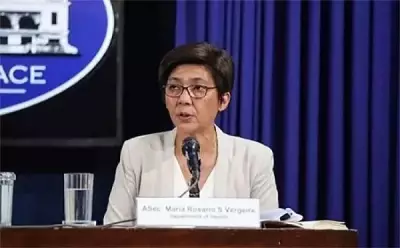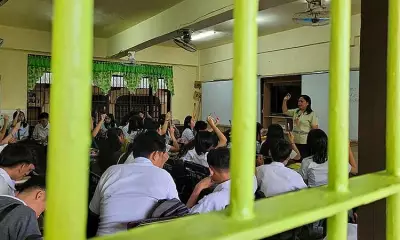
A startling revelation from the Alliance of Concerned Teachers (ACT) Philippines has exposed a deep-seated education crisis, with approximately 24.8 million Filipinos classified as functionally illiterate. This alarming figure represents a significant portion of the population struggling with basic reading, writing, and mathematical skills necessary for daily life.
The Stark Reality of Functional Illiteracy
Functional illiteracy goes beyond simply being unable to read or write. It describes individuals who, despite having basic literacy skills, cannot apply them effectively in practical situations. These citizens struggle with tasks that many take for granted, including:
- Reading and understanding basic instructions
- Filling out job application forms
- Calculating simple mathematical problems
- Comprehending news articles or official documents
- Following written medical instructions
Economic and Social Implications
The massive scale of functional illiteracy poses serious threats to the Philippines' economic development and social progress. With nearly 25 million citizens unable to function effectively in a modern economy, the nation faces:
- Reduced workforce productivity and competitiveness
- Limited employment opportunities for affected individuals
- Increased dependency on social services
- Barriers to technological adoption and digital transformation
- Challenges in implementing government programs and services
A Call for Immediate Action
Education advocates and stakeholders are urging the government to address this crisis with urgency and determination. The situation demands comprehensive reforms and targeted interventions, including:
Enhanced basic education programs that focus on practical application of skills, improved teacher training and support systems, expanded adult education and literacy programs, and increased education funding directed toward foundational skills development.
As the Philippines strives toward economic recovery and growth, addressing this fundamental education gap becomes increasingly crucial. The future of the nation's workforce and global competitiveness depends on immediate and effective action to ensure every Filipino can participate fully in social and economic life.





